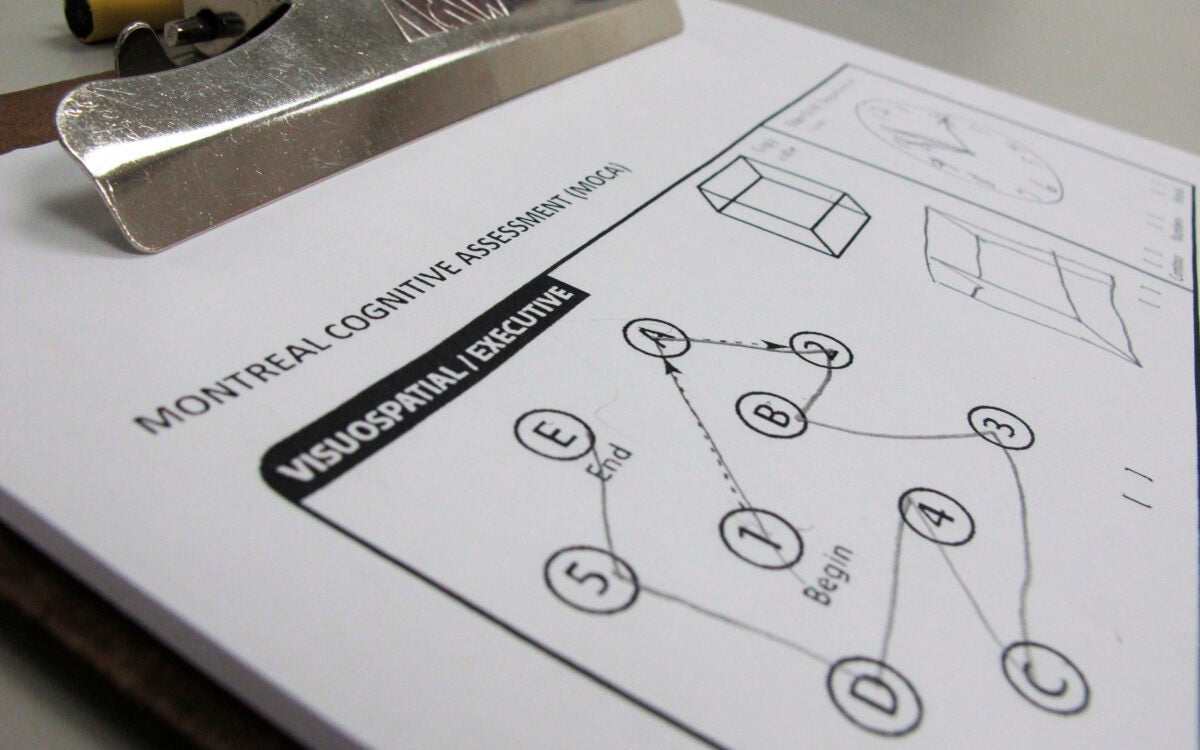
Alzheimer’s disease indicators track with biological changes in brain, study finds
Researchers see self-reported memory loss may be early, preclinical warning
Using imaging reports to back up their findings, researchers have concluded that reports from patients and their partners about cognitive decline can be an early indicator of an accumulation of tau tangles, a hallmark of Alzheimer’s disease.
“There is increasing evidence that individuals themselves or a close family member may notice changes in memory, even before a clinical measure picks up evidence of cognitive impairment,” said Rebecca E. Amariglio of the Department of Neurology at Brigham and Women’s Hospital and the senior author of the study. Results are published in Neurology, the medical journal of the American Academy of Neurology.
“We now understand that changes in the brain due to Alzheimer’s disease start well before patients show clinical symptoms detected by a doctor.”
Rebecca E. Amariglio, study senior author
Before any diagnosis of Alzheimer’s, researchers from Mass General Brigham have found changes in the brain when patients and their study partners (those who could answer questions about their daily cognitive function) reported a decline in cognition. “Something as simple as asking about memory complaints can track with disease severity at the preclinical stage of Alzheimer’s disease,” said Amariglio, a clinical neuropsychologist at both BWH and Mass General. “We now understand that changes in the brain due to Alzheimer’s disease start well before patients show clinical symptoms detected by a doctor.”
The study, led by first author Michalina F. Jadick, included researchers from across the Brigham and Mass General. The research team designed their study to include participants from the Anti-Amyloid Treatment in Asymptomatic AD/Longitudinal Evaluation of Amyloid Risk (A4/LEARN) and Neurodegeneration studies and the Harvard Aging Brain Study and affiliated studies. Participants were at risk but cognitively unimpaired, and not yet diagnosed with Alzheimer’s disease. Each participant and respective study partner completed evaluations of cognitive function for the participant. Each participant also underwent PET imaging to detect levels of tau and amyloid beta.
Across 675 participants, the team found that both amyloid and tau were associated with greater self-reported decline in cognitive function. The team also found that subjective reports from patients and their partners complemented objective tests of cognitive performance. The authors note that the study was limited by the fact that most participants were white and highly educated. Future studies that include more diverse participants and follow participants in the longer term are needed.
Amariglio cautions that noticing a change in cognition does not mean that one should leap to the conclusion that a person has Alzheimer’s disease. However, a patient’s or family member’s concerns should not be dismissed if they are worried about cognition.
More information on funding for individual researchers here.
Get the best of the Gazette delivered to your inbox
By subscribing to this newsletter you’re agreeing to our privacy policy




